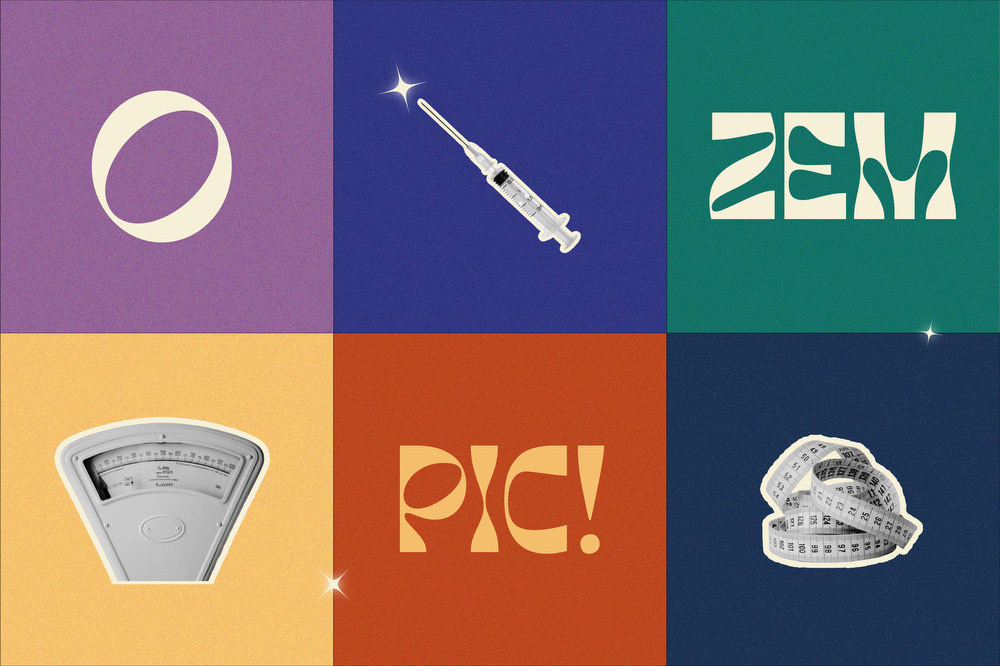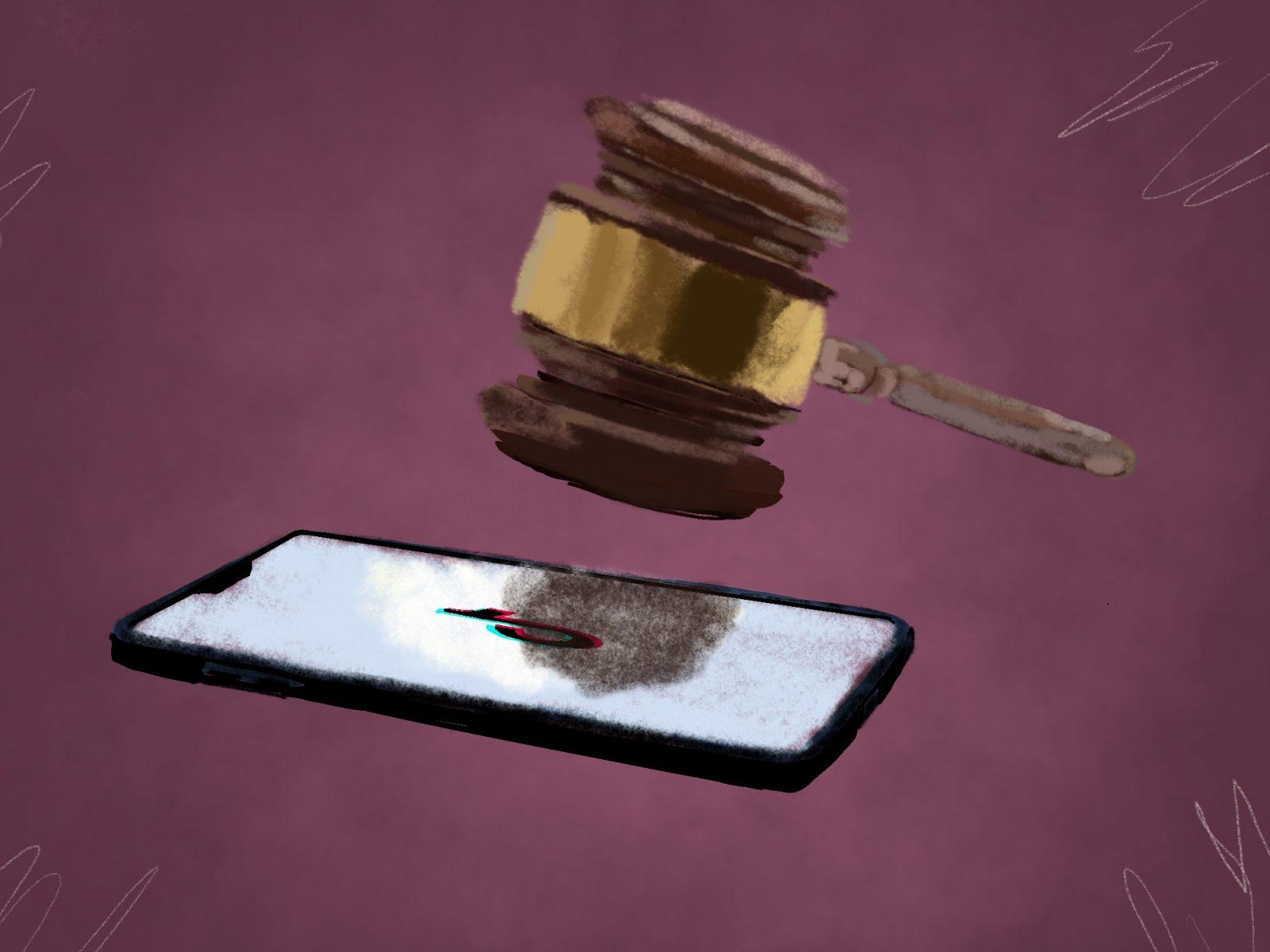On March 31 last year, I published a piece for this column titled “Welcome to the Ozempic era.” I was inclined to write the piece after reading a similar article in New York Magazine aptly titled “Life After Food,” chronicling several stories of Ozempic users and those witnessing its after effects including an actress, a cosmetic dermatologist and a restaurant worker.
Watching this year’s Academy Awards ceremony, I was struck by a commercial paid for by Eli Lilly, a pharmaceutical company that sells weight loss drugs similar to Ozempic. The ad featured Oscars-themed visuals — a red carpet, sparkling dresses and flashing cameras. But it wasn’t about the awards: it was about the abuse of weight loss medication.

“Some people have been using medicine never meant for them. For the smaller dress or tux, for a big night, for vanity,” the character in the ad said. “People whose health is affected by obesity are the reason we work on these medications. It matters who gets them.”
What struck me as particularly moving about the commercial was not the message but how, over a year later, little has changed. In fact, it seems our national Ozempic situation is only getting worse — and most people are only just starting to pay attention to the damage it is causing.
In my piece last year, I neglected to focus on the most damning problem caused by the abuse of Ozempic and similar weight loss drugs. As more of these drugs are abused for the wrong reasons — for vanity, as Eli Lilly’s ad put it — they are taken away from the people they were made for.
Ozempic, Wegovy and Semaglutide have been in short supply since 2022, putting pressure on both drug stores and patients. Several patients who had previously been using Ozempic — even those with diabetes — were reported in Vogue saying that they could not find pharmacies within a “100-mile radius” where they could fill their subscription.
It has become the norm to ignore the plights of others to prioritize our own wants and needs.
Even though the internet globalized our methods of communication, rarely does that communication extend beyond ourselves. Everything we consume is based on our own tastes, our own interests and our own priorities — leaving little time for other people’s problems.
This ignorance not only makes us less accepting of others but narrows our worldview down to a needle-sized lens, blocking out opposing opinions and other’s perspectives. And even if these issues are not blocked by an algorithm, our attitude has shifted gradually to ignoring changes if they’re seemingly too difficult to make.
I doubt that many celebrities were watching Eli Lilly’s commercial, which is a shame — it may have provided some of that necessary self-reflection we are now so easily able to avoid.
Reflecting on this issue a year later, it’s most depressing that so little has changed. Even with the press, the prime-time advertisements and the slew of high-profile articles, those who need weight loss medication simply cannot get it, and it does not seem like that’s going to change.
It’s naive to think that changes are going to be made by the people causing the problem. Vanity does not disappear — it simply takes on new forms, waxing and waning with whatever’s trendy. When the cultural tide shifts, it may be that taking these drugs is no longer “en vogue,” and this problem will disappear.
But the moral failure of those who are taking them for the wrong reasons will not.



























































































































